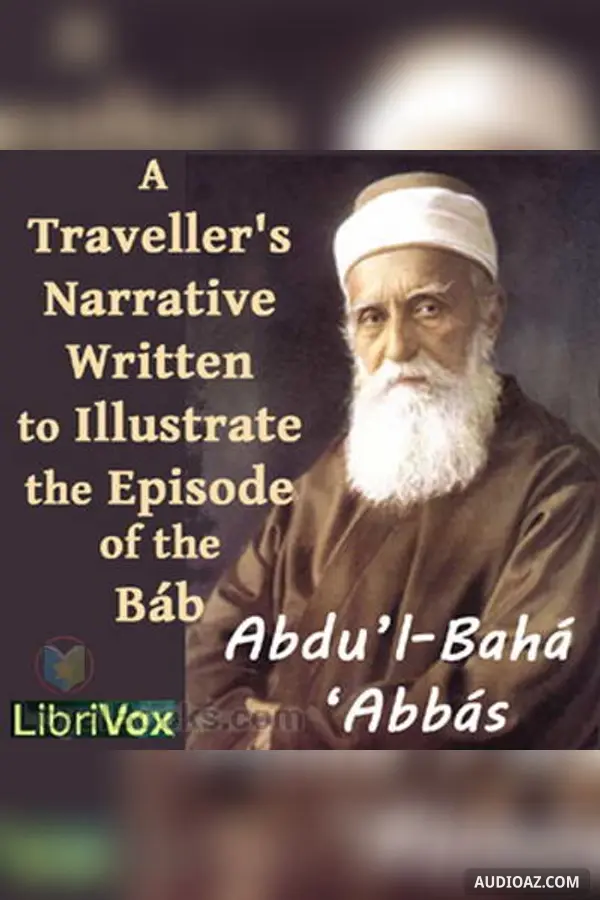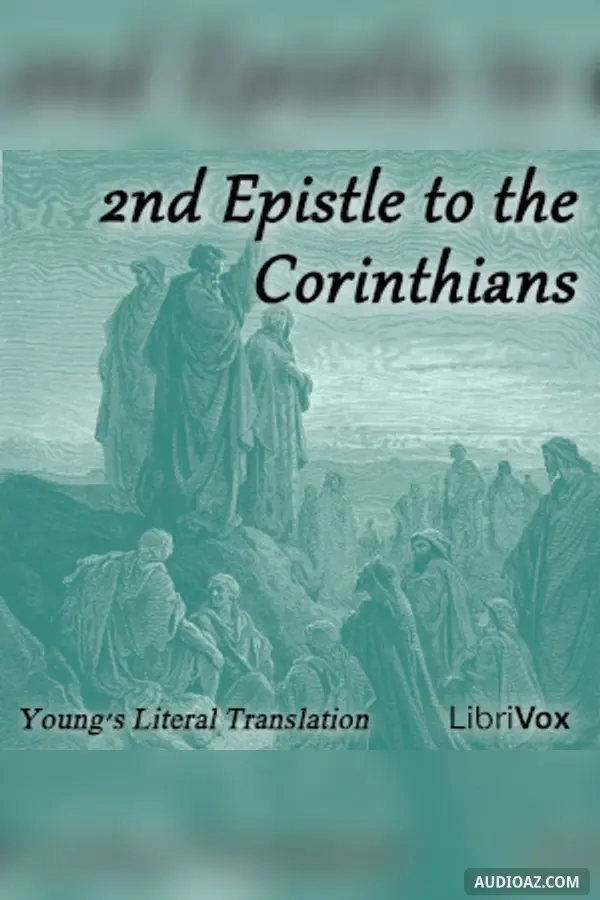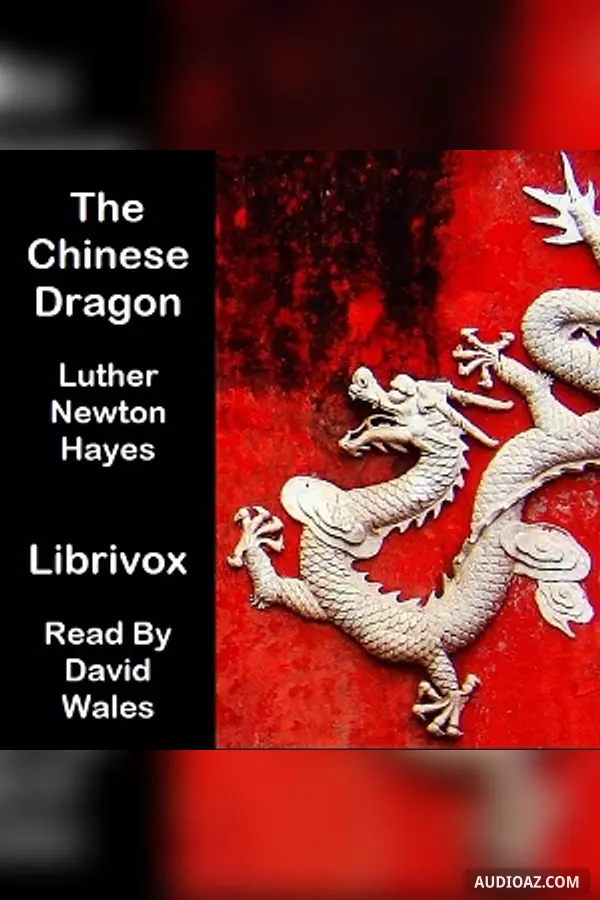
A Traveller’s Narrative Written to Illustrate the Episode of the Báb - Sách nói Miễn phí
Tác giả: 'Abdu’l-Bahá ‘Abbás
Ngôn ngữ: English
Thể loại: Truyện thiếu nhiLịch sửPhi hư cấuTôn giáo
1 / 2400 - Introduction - From “This book is the history…” to “…worthy of our most attentive study.”
- 1. 00 - Introduction - From “This book is the history…” to “…worthy of our most attentive study.”
- 2. 01 - Section 01 - From “Touching the individual known as the Báb…” to “he released the Báb on condition of his quitting the city”.
- 3. 02 - Section 02 - From “On the morning after that night…” to “These conducted themselves with the utmost respectfulness”.
- 4. 03 - Section 03 - From “When the Báb reached Tabríz they brought him…” to “…will now proceed with our original topic.”
- 5. 04 - Section 04 - From “At the time of these events certain persons…” to “…eradicate and destroy this people.”
- 6. 05 - Section 05 - From “Now this people had not yet acquired” to “So Mírzá Hasan Khán wrote his excuse in detail to the Amír.”
- 7. 06 - Section 06 - From “Now the Seyyed Báb…” to “And this transaction remained absolutely secret”.
- 8. 07 - Section 07 - From “Now in these years…” to “…set out accompanied by one of the King’s messengers for the Shrines”.
- 9. 08 - Section 08 - From “Let us return, however, to our original subject…” to “…to the Supreme Shrines”.
- 10. 09 - Section 09 - From “When he reached Baghdad…” to “…shall now be set down in writing”.
- 11. 10 - Section 10 - From “All these epistles consisted of…” to “…maketh the world of earth highest paradise”.
- 12. 11 - Section 11 - From “O friends, help the oppressed one…” to “There is no strength and no power save in God.”
- 13. 12 - Section 12 - From “In short, formerly, in all provinces of Persia…” to “…he became penitent and sorry”
- 14. 13 - Section 13 - From “Let us proceed with our original topic…” to “…they sent in like manner to Famagusta.”
- 15. 14 - Section 14 - From “During the latter days…” to “And the form of it is this…”
- 16. 15 - Section 15 - From ““O God, this is a letter…” to “…in the way of God”.
- 17. 16 - Section 16 - From “O King! The gales of the mercy…” to “…and have fallen upon these poor unfortunates.”
- 18. 17 - Section 17 - From “Many sects and diverse tribes…” to “…that weariness might result.”
- 19. 18 - Section 18 - From “O would that thou mightest permit…” to “…from all besides Him.”
- 20. 19 - Section 19 - From “O King, I have seen in the way of God what no eye hath seen…” to “the Protecting, the Self-subsistent”.
- 21. 20 - Section 20 - From “Now since suitable occasion hath arisen…” to “…and concomitants of the human race”
- 22. 21 - Section 21 - From “At all events, in the beginning of the year…” to “…or permit them to be slighted?”
- 23. 22 - Section 22 - From “Besides this…” to “…throughout the horizons of the world.”
- 24. 23 - Section 23 – From “These questions and considerations…” to “A.H. 1307”
Giới thiệu
“This book is the history of a proscribed and persecuted sect written by one of themselves,” writes Professor Edward Granville Browne, the Cambridge Orientalist who translated this narrative. “After suffering in silence for nigh upon half a century, they at length find voice to tell their tale and offer their apology. Of this voice I am the interpreter.” This work is the story of the life of the Siyyid ‘Alí-Muhammad-i-Shírází (1819-1850), known as the “Báb”, which is Arabic for “Gate”. He claimed to be none other than the Promised One of Islám and a new Manifestation of God. He also proclaimed that He was the Gate, Herald and Forerunner of an even greater Manifestation of God who would come soon after Him, the Promised One of all religions and Return of Christ in the Glory of the Father, Mírzá Husayn-‘Alí-yi-Núrí (1817-1892), known as Bahá’u’lláh (Arabic for “The Glory of God”). The followers of the Báb were known as Bábís. When Bahá’u’lláh declared His mission in 1863, most Bábís accepted Him as the Manifestation foretold by the Báb. Bahá’u’lláh’s followers then became known as Bahá’ís. This book also describes Bahá’u’lláh’s exile and His teachings. Edward G. Browne continued to refer to Bahá’ís as Bábís, but this isn’t quite correct, as the Bahá’í Faith represents a new religious dispensation and is now recognised as the second most widespread religion on the planet and most recent of the great world religions. This narrative was composed by ‘Abbás Effendí (1844-1921), also known as ‘Abdu’l-Bahá (Arabic for “Servant of the Glory”). He was the eldest son of Bahá’u’lláh and leader of the Bahá’í Faith after Bahá’u’lláh’s passing. Browne, who met the Author in Palestine, writes (p. xxxvi.) that ‘Abdu’l-Bahá was “a tall strongly-built man holding himself straight as an arrow, with white turban and raiment, long black locks reaching almost to the shoulder, broad powerful forehead indicating a strong intellect combined with an unswerving will, eyes keen as a hawk's, and strongly-marked but pleasing features… One more eloquent of speech, more ready of argument, more apt of illustration, more intimately acquainted with the sacred books of the Jews, the Christians, and the Muhammadans, could, I should think, scarcely be found even amongst the eloquent, ready, and subtle race to which he belongs”.
Bình luận
Hãy là người đầu tiên bình luận
Chưa có bình luận nào về nội dung này. Hãy bắt đầu cuộc trò chuyện!
Khám phá thêm
Thẻ: A Traveller’s Narrative Written to Illustrate the Episode of the Báb audio, A Traveller’s Narrative Written to Illustrate the Episode of the Báb - 'Abdu’l-Bahá ‘Abbás audio, Truyện thiếu nhi audio, Lịch sử audio, Phi hư cấu audio, Tôn giáo audio, free audiobook, free audio book, audioaz






